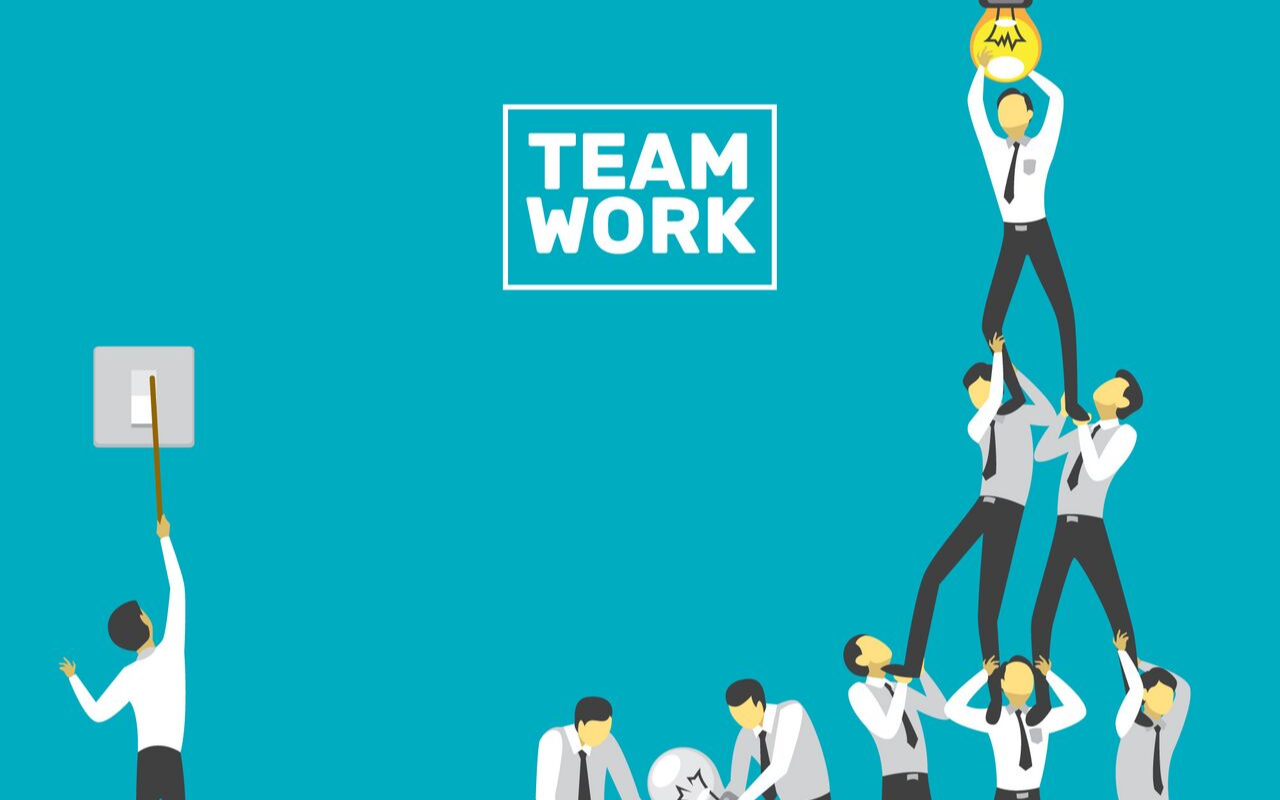One particular question that almost every interviewer asks all candidates is, “Are you a team player?” Importance of teamwork in the workplace is an aspect that every hiring professional prioritises and looks for team playing qualities in its employees. This is because in business settings, talent is appreciated but teamwork is applauded. In general it is believed that companies that boast of strategic capability backed by high performing teams, are more successful at achieving short-term and long-term goals and increase value. Teamwork always pays off. Hence, the right answer to the above question is always ‘absolutely!’.
So how can companies ensure they are building high-performing teams? What are the characteristics of a great team? Well, hiring the right talent is of course the first step but there’s a lot more to it than meets the eye. On a broad scale, it can be said that there are 4 core aspects or attributes that are a must for building high performing teams. Let’s go over them briefly.
Firstly, a good team will have consistent workers, but a great team will have a very specific purpose for its existence. The basic fundamental mission-vision-values system aptly applies to all high-performing teams. The specific purpose of a great team needs to be based upon what it aspires to achieve, how will it inspire its team players, how good is the output offered by the team and how best can it deliver value to the customers it serves.
You might also be interested to read: Designing Employee Experience – Everything HR Needs To Know
Characteristics of a cohesive team also include a good team leader. How a team performs is largely dependent upon how good of a leader the team has. A high performing team will always work together with their leader to come up with the team’s purpose and chart out ways to meet it. It is the job of the team leader to ensure every member on the team has his/her voice heard and that all players are on the same page.
One of the many advantages of teamwork is that you feel more committed to your job because it will affect the others too.
Secondly, every high performing team must have clear cut administration or superintendence. Where each member of the team has a clear role and set of responsibilities, and has the skill-set to carry them out in the best way. The importance of teamwork calls for every team member to know and realise that his job/role will in some capacity affect that if another member, so it becomes incumbent upon him to put their best foot forward at everything they do. Another important aspect/characteristic of a cohesive team is that it must include talented technical professionals, who possess the expertise to perform functional tasks and can adapt to customer requirements, and managerial experts who will make decisions at crucial and challenging times, handle employee-customer coordination, provide effective communication through words, symbols and actions that inspire the team members to stay motivated, and also administer/allocate team tasks, deadlines, & other activity.
Thirdly, no team can survive, let alone be successful when its members do not have healthy relationships. Companies training their employees to be better team players must remember how crucial interpersonal relationships can be for a good team. Team mates who care for each other will always respect everyone’s opinions, listen with an open mind, agree to disagree, make amends by sorting out personal differences and show gratitude for mutual cooperation, thus building trust amongst the team members. A healthy team will definitely have debating members but the difference is when they can disagree without being disagreeable. Excellent team members realize that they are all different people with different views coming together for a shared interest.
Fourthly, and finally, any team that has a purpose, the right talent, clear roles, and a healthy interpersonal working environment will only succeed if it constantly improves. Leaders must help their team members to spot and admit mistakes and take them as a learning opportunity. Just by asking simple questions like ‘So how did we do today?’, ‘What’s working for us and where did we fail?’ or ‘What can we do about it?’ can go a long way in keeping the team mojo up.
In conclusion, probably the most important of the 4 characteristics of a high performing team, is that it works hard to thrive not simply to survive.
Reference:
‘Four Characteristics of High-Performing Teams,’ Dave Ulrich, 22nd July 2019




